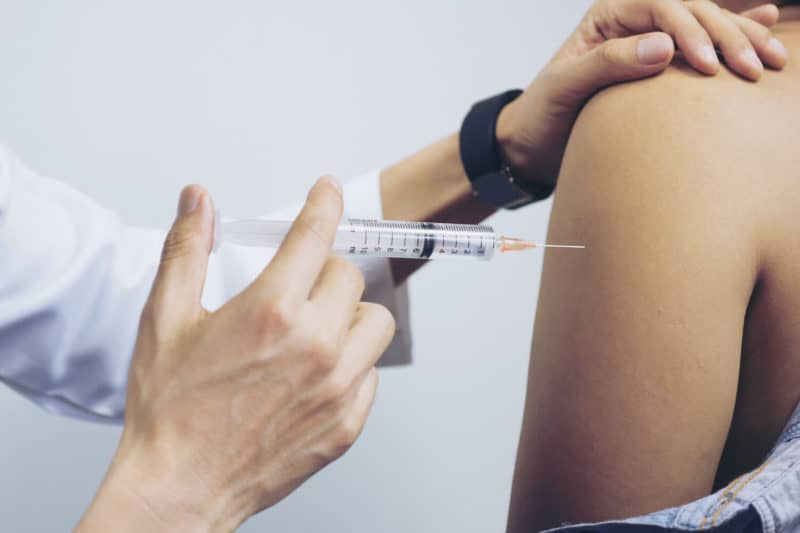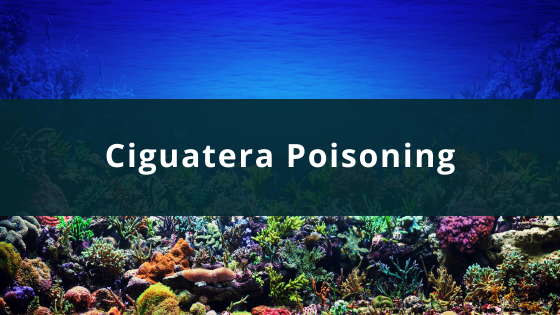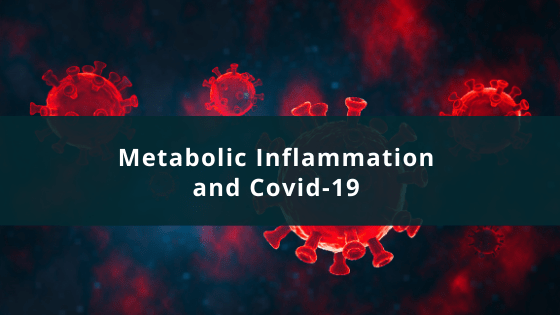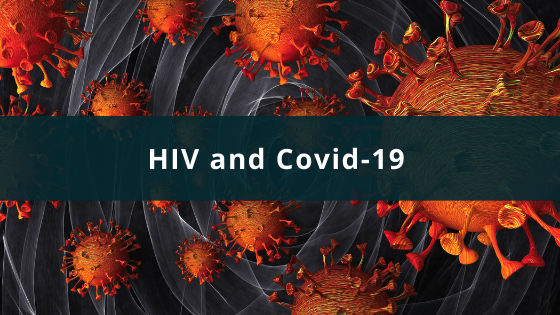The Importance of Vaccines in the 21st-century
With the most recent outbreak of measles in the Pacific Northwest – once again, the question about the necessity for childhood vaccines has been raised. The reasons for not vaccinating usually fall in the categories of religious reasons, distrust in the government and/or distrust in the pharmaceutical companies. Another concern lies in the danger of the vaccines themselves and the potential harm to children. There is also a group of individuals where the vaccines may be harmful to the individual due to their disease state.
One of my biggest concerns with the anti-vaccine arguments is that it is viewed through the prism of life in the 21st-century, not realizing the risks that previous generations in the United States faced before vaccines for common childhood illnesses such as measles, mumps, rubella and chickenpox.
Historically, measles symptoms are relatively common and could be as benign as diarrhea, but can also be as severe as bacterial pneumonia and acute encephalitis – otherwise known as inflammation of the brain. Both pneumonia and encephalitis carry the risk of death. In addition, suppression of one’s immune system after measles could last from weeks to months, making patients susceptible to bacterial superinfections.
Measles Outbreak in the 1920s
In the 1920s, the death rate due to measles-related pneumonia was approximately 30% of the patients that were most at risk for this or infants and children under five years of age. Other people that are at risk for complications of measles include adults over the age of 20 and those having immunocompromised states. Fortunately, with the introduction of significant medical technology and antibiotics, this has become less of an issue. Regardless, despite all of the advances of modern medicine between the years 1987 and 2000, the death rate due to complications of measles was approximately three deaths per every one thousand people with measles.
The double-edged sword that we face today, with all the advances of medicine, is that there are more and more people living today with immunocompromised states. In patients that have immunocompromised states, the fatality rate due to measles is approximately 30%. It also should be pointed out that even in previously healthy children, measles can cause serious illness requiring hospitalizations. Recent statistics have shown that at least one out of every 1000 illnesses due to measles, a child may have acute encephalitis resulting in the possibility of permanent brain damage. Also, the mortality rate for healthy children exposed to measles can be as high as two deaths per 1000 from respiratory or neurological locations.
In the case of chickenpox, the annual number of deaths due to chickenpox before the vaccine being implemented in 1995 was approximately 100 per year. Since being fully implemented, the average deaths per year are 20, with a vaccination rate of approximately over 90%. Theoretically speaking, it would be interesting to see what sort of decrease in the number of deaths would be like the closer we get to a vaccination rate of 100%.
A typical scenario we see today involves young adults that didn’t get vaccinated as children and then travel abroad and come back with measles or mumps. In many instances, there is no need to go overseas to catch these diseases, because of the number of foreign travelers that come here bringing these diseases with them. Again we can’t look back at the previous generation because 20-30 years ago there was not as much international travel as there is today. Once infected, these young adults run the risk of severe complications due to these viruses as described above. In the case of mumps, young men run the risk of potentially becoming sterile.
For those that fear the side effects of the vaccines, always remember that what is termed a “side effect” is, in most instances, a complication of the disease itself which happens at a higher rate naturally, compared to those vaccinated. I also wonder about those who are against vaccinations today – what would their opinion be if we didn’t have vaccines and their child succumbed to one of these viruses and had serious complications? Fortunately for them, at this time, the majority of parents still vaccinate their children, making these outbreaks minimal for now. However, the potential for larger outbreaks grows as this controversy continues and more parents elect not to vaccinate their children.
As this debate on whether or not to vaccinate your children grows, we must be sensitive to the rights of the individual, albeit religious or personal. That being said, we must be aware of the risks posed to our neighbors, especially those that are immunocompromised, considering the fact that international travel will most likely increase and not decrease. Moving forward, it is my belief that education and transparency will help end the debate.







